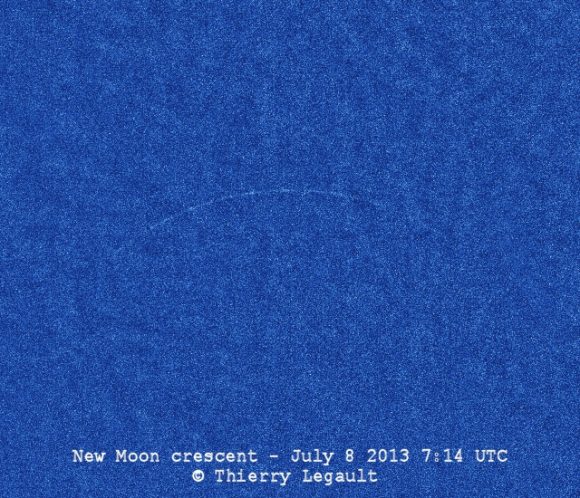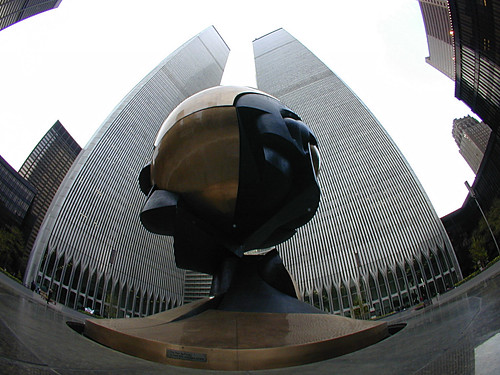
Arguably there is more drama surrounding when Eid starts than when Ramadan starts, because after a month of fasting the issue is a little more urgent 🙂 This year was no different, but there was added drama in the Gulf region due to a startling near-admission of error from the Saudi religious authorities. It seems that some moonsighters claimed to have seen the moon on Tuesday (6th August), which would have had problematic implications:
The Supreme Court of Saudi Arabia will meet on Tuesday evening to hear from people who may have sighted the moon, an announcement that has startled many scholars worldwide as it would mean that this year’s Ramadan would have lasted only 28 days instead of the requisite 29 or 30 days.
The statement by the court implied that there had been an error with the July 10th start date of this year’s Ramadan, and that the holy month of fasting should have started on July 9th instead. Saudi newspapers on Monday quoted a statement from the Supreme Court that encouraged members of the public to sight the Eid moon on Tuesday night.
The Court met on Tuesday evening and ruled that Tuesday sighting was impossible – after much outcry from other prominent scholars who adhere to the moonsighting tradition, including some who invoked astronomical calculations as further evidence.
غدا 29 رمضان
لم يثبت رؤية الهلال بالسعودية
الهلال يولد الساعة 1:15 بعد منتصف هذه الليلة
فكان من المستحيل أن تتم رؤيته الليلة— د. علي القره داغي (@Ali_AlQaradaghi) August 6, 2013
translation: Tomorrow 29 Ramadan did not prove sighting in Saudi Arabia Crescent born at 1:15 after midnight tonight was impossible to be seen tonight
The problem here is that if the moon had been sighted on Monday, it would have implied a 28-day Ramadan, which contradicts the Qur’an – Ramadan must be 29 or 30 days. Therefore the implication is that the start date of Ramadan was in error, requiring Muslims to basically complete a “make-up” fast after Eid. The last time this happened in the Gulf was in 1984 when Saudi authorities admitted that they had indeed made an error in moonsighting the start of Ramadan.
A similar controversy arose last year for Muslims in Mumbai, as blogger motalib angrily recounted. He concluded,
The idea that the collective decisions of scholars and learned men can somehow correctly guide people through their spiritual lives has never been better illustrated as flawed than by moments like this. Here are the ‘leaders’ ignoring practice, precedent, logic and knowledge to ensure that their primacy is not threatened. Here is one of the most sacred times in the calendar, something that by definition cannot be changed, altered to cover human error.
I think that he is overly cynical here about the motivations of the scholars, but the plain truth is that human error afflicts humans, and committees magnify the error rather than minimize it.
I’ve made my own case for why I follow the calculation method in my debate with Irfan Rydhan on moonsighting, so I won’t repeat that here. However, I still do think that there is value in diversity of method. In motion, the believers reflect the heavens! There is a place for moonsighting in our tradition and for calculations, and well-intentioned calls for unity are I think subject to the same misguided impulse for perfection that eludes us all.
However, mistakes like this do underscore the glaring deficiency of the argument that calculations have no place whatsoever in moonsighting. Such mistakes – missing an entire day’s fast! – never occur with calculations. Never.

